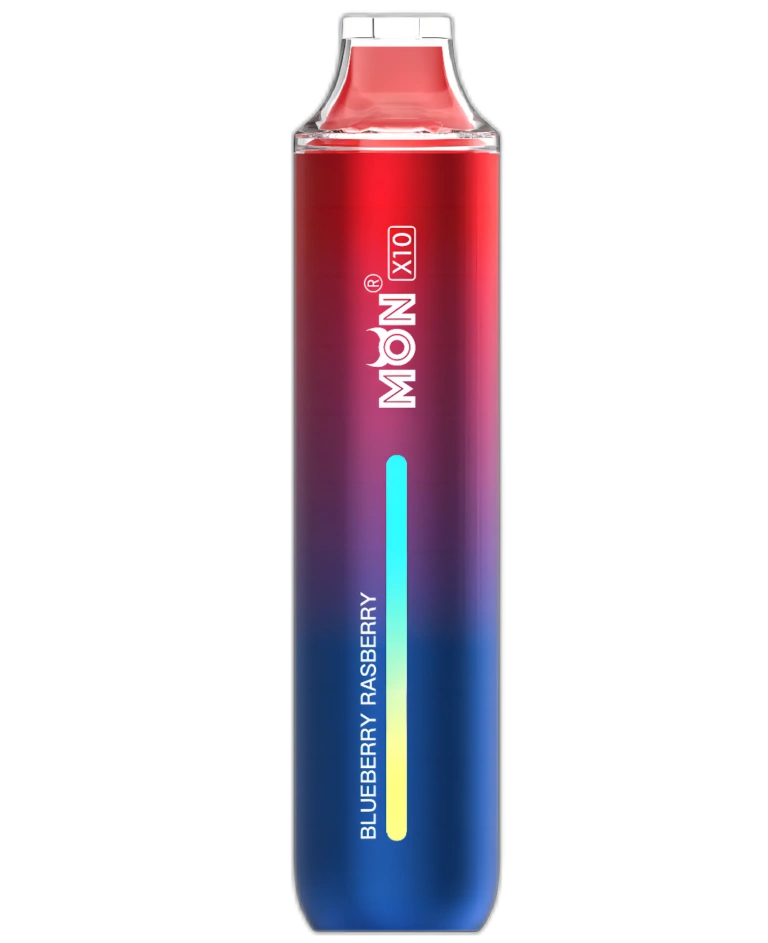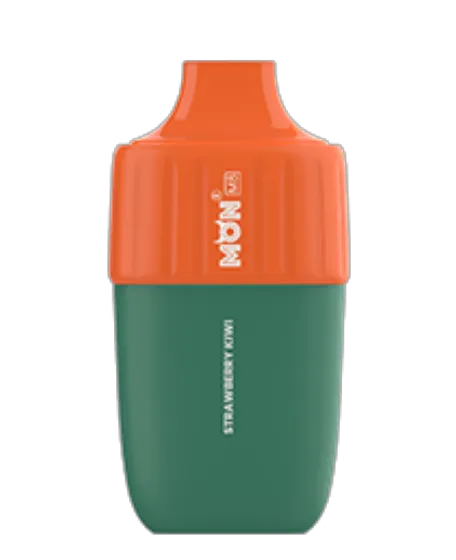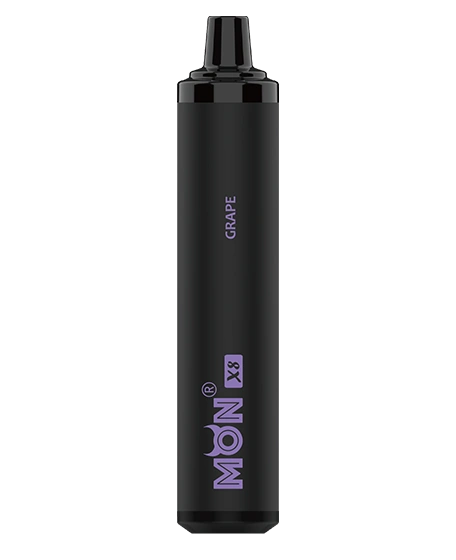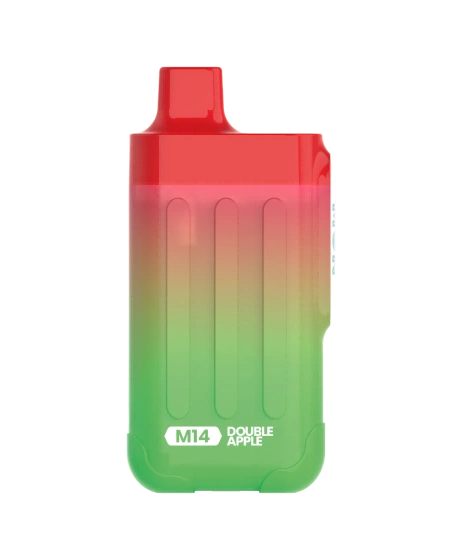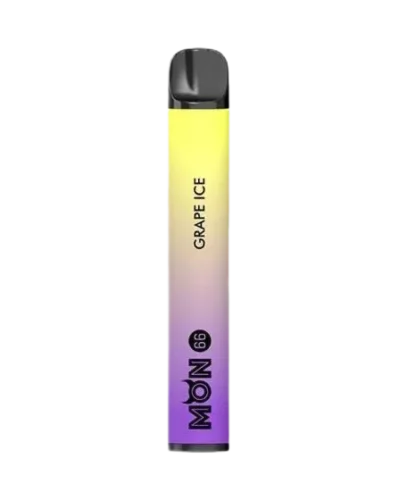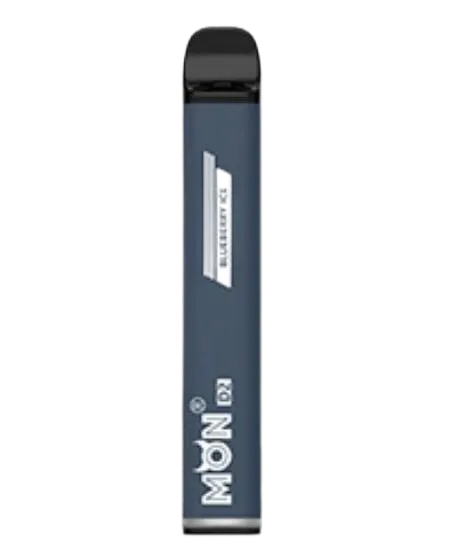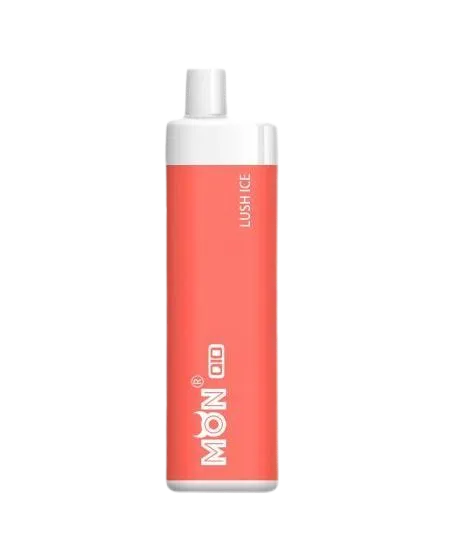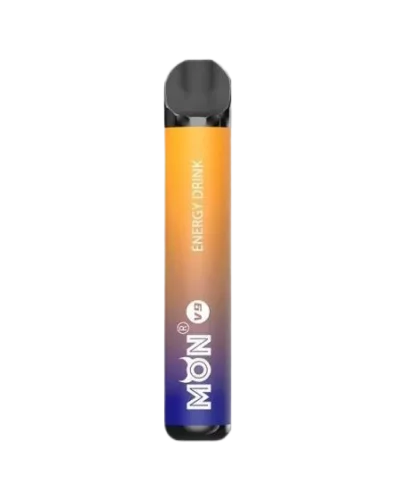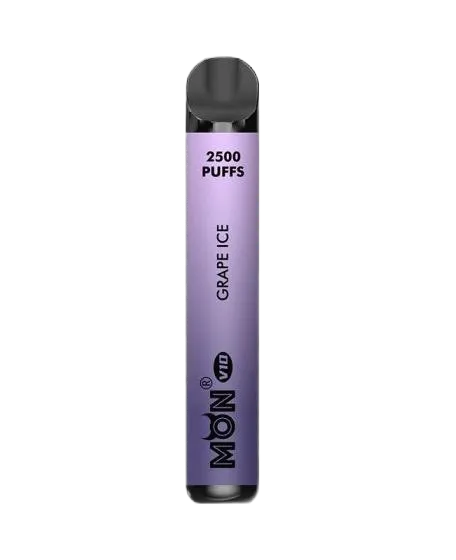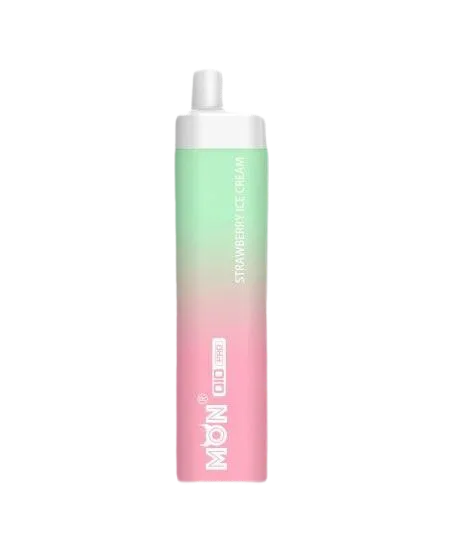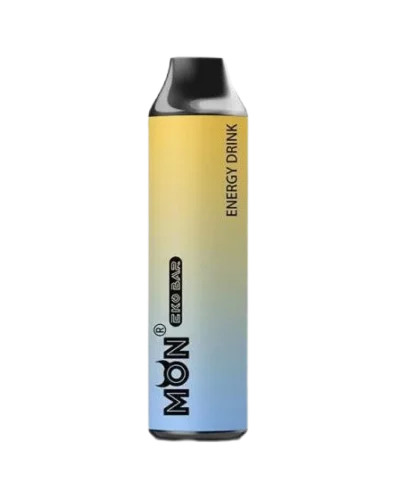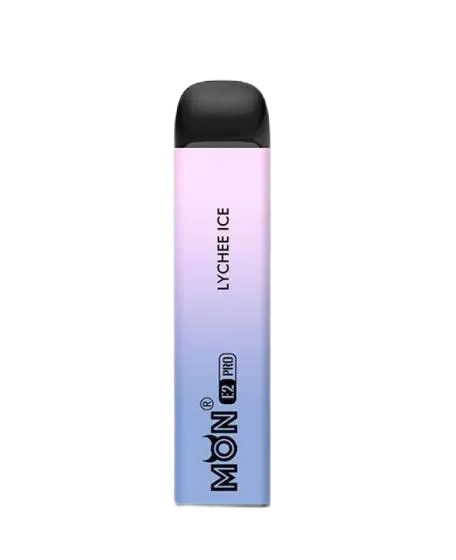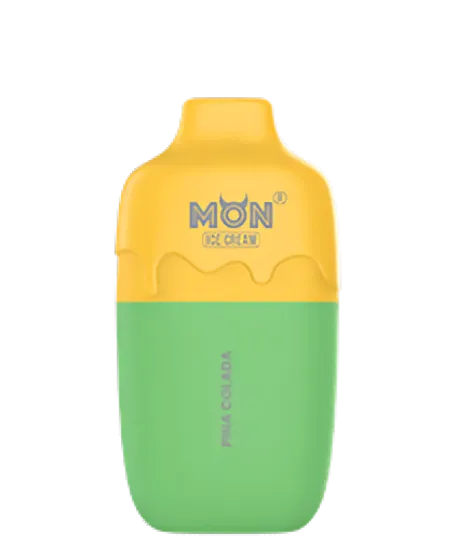Wales Establishes Task Force to Address Rapid Increase in Children and Teenagers Vaping
A task force set up by the Welsh Public Health Department recommends supporting children quitting vaping, akin to aiding those over 12 in quitting smoking, using prescribed nicotine replacement therapy (gum, patches, or inhalers). Chris Emmerson, Public Health Consultant for Wales, stated: “These best practices offer a comprehensive framework for assisting young e-cigarette enthusiasts in Wales. By implementing these practices, we can better address the complex needs of children and young people grappling with e-cigarette dependency. Nicotine replacement therapy, available to smokers over 12, combined with other support mechanisms, serves as a tool to help children and young people break free from e-cigarette dependency.”
In a report released Thursday, four policy regulatory measures recommended by experts are as follows:
- Normalization of E-cigarettes—Cease e-cigarette use in spaces primarily used by children and adolescents. Environments working with children should develop policies prohibiting e-cigarettes.
- Packaging and Display—Wales should restrict the advertising, packaging, and display of e-cigarettes. They state that this could be “one of the most effective measures to address the issue of children and adolescents vaping in Wales.”
- Disposable E-cigarettes—Ban the sale of disposable e-cigarettes.
- Flavors—Flavor names should be legally restricted to basic descriptions, such as tobacco, menthol, mint, and fruit.
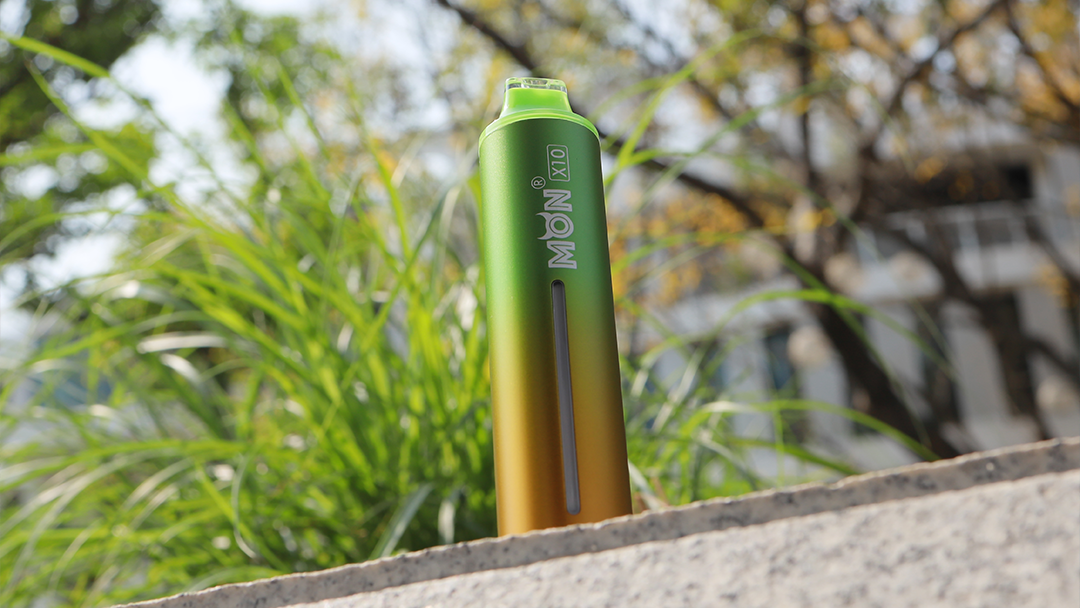
Derbyshire Council Receives £5 Million Government Funding Support to Curb Smoking
Derbyshire Council has agreed to accept over £5 million in government funding over the next five years aimed at eliminating smoking rates across the county (smoking rates appear to be higher than the national average). The council’s cabinet approved acceptance of the first additional government funding in its cessation initiative, totaling £1,083,451, to continue supporting the council’s services that have helped Derbyshire residents quit smoking in 2024/25.
This latest parliamentary health campaign was reached at a meeting on April 11, preceding government progress on the Tobacco and Electronic Cigarette Act, which plans to prohibit those born after January 1, 2009, from legally purchasing cigarettes for life, which passed second reading in the House of Commons. The bill goes to the lower house on April 16 as part of the plan to achieve a smoke-free England by 2030.
According to the council’s data, the latest figures show that 14% of the population aged 18 and over in Derbyshire are smokers, with the highest smoking rates in Erewash at 18.9%, Bolsover at 17.3%, and High Peak at 15.9%.
Despite alarming statistics, the government aims to double the number of quitters with the “Stopping the Start” plan from 2024-25, to achieve a smoke-free UK by 2030. The government’s Stopping the Start plan includes an overall funding plan to help current smokers quit, providing an additional £70 million annually for existing local authority services and support. Derbyshire Council has confirmed it will receive over £5 million in funding over the next five years to help reduce smoking rates county-wide, with the first funding for 2024-25 totaling £1,083,451.
UK Supermarkets Sainsbury’s and Asda Sponsor Lobbying Against E-cigarette Ban
Sainsbury’s, Asda, and other supermarkets are funding a group lobbying MPs to block a ban on disposable e-cigarettes. These retailers are members of the Association of Convenience Stores (ACS), which has written to MPs urging them to raise concerns about the Tobacco and Electronic Cigarette Act in Tuesday’s first debate. The ACS has received £120,000 in annual subscriptions from four tobacco and e-cigarette companies: British American Tobacco, Japan Tobacco International, Philip Morris International, and Imperial Brands.
E-cigarette companies are funding a new parliamentary group attempting to water down regulatory plans for the industry. Over the past six years, the industry has donated £470,000 to MPs and parliamentary groups.
Spain Initiates Consultations on E-cigarette Flavor Ban
The Spanish government plans to prohibit flavored e-cigarette products and has initiated a 15-day consultation period to gather public opinion on certain aspects of the plan, including the flavor ban, which will end on April 23.
Eight European countries have already passed laws banning flavored e-cigarettes: Denmark, Estonia, Finland, Hungary, Lithuania, the Netherlands, Slovenia, and Ukraine, all except Ukraine are EU member states.
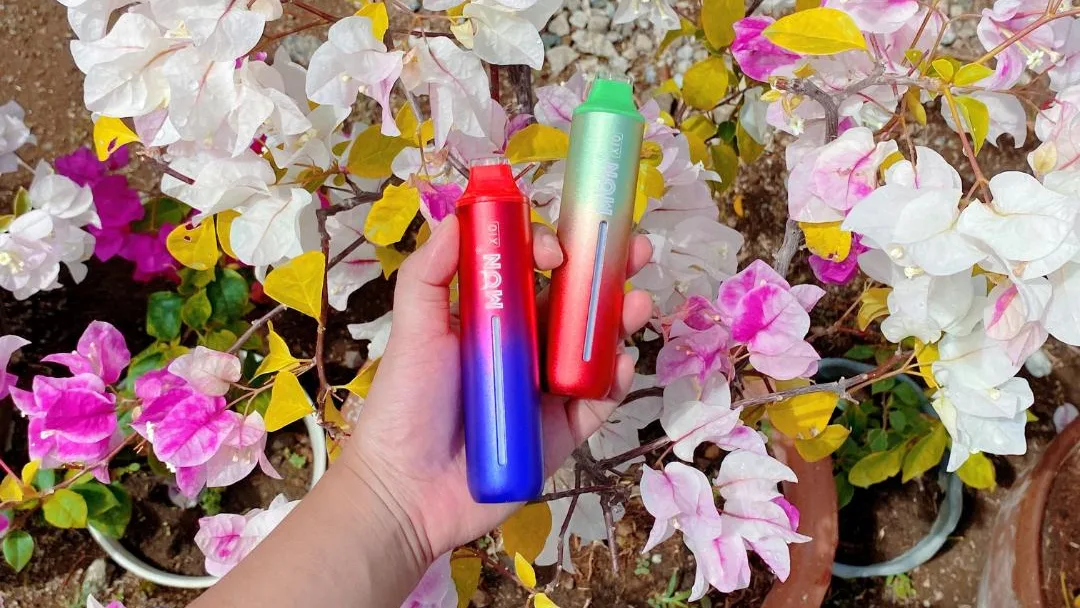
Scandinavian Tobacco Group (STG) Launches XQS Nicotine Pouches
The series has four varieties, each with a recommended retail price of £5.50, with varying nicotine strengths. Products: XQS Tropical, Blueberry Mint, Cool Ice, Arctic Freeze. The new series will be available to retailers from May, with four varieties, each with different nicotine strengths, and a recommended retail price of £5.50 per 20-bag can. They are Tropical, Blueberry Mint (both 8mg), Cool Ice (9.6mg), and Arctic Freeze (11.2mg). According to the supplier, XQS nicotine pouches are smaller than competitors, can be comfortably placed in the mouths of adult users, and still deliver lasting bursts. They also use fully recyclable packaging.
STG acquired the Swedish brand last year as part of its next-generation product category plan. It is currently the fastest-growing nicotine pouch brand in Sweden, doubling its market share since its acquisition and becoming one of the top five brands in the country.
Gleb Pugachev, Managing Director of STG UK, said: “The sale of nicotine pouches in the UK is indeed accelerating, much of which is driven by flavors. XQS brings something different to the nicotine pouch market in that they are smaller in size, longer-lasting in flavor, and cheaper.” Pugachev noted that by 2023, nicotine pouch sales in the UK accounted for 10% of global pouch sales revenue, making it the third-largest European market for the category, after Sweden and Denmark.
STG previously trialed its nicotine pouch brand, Ström, in Manchester from October 2022 to March 2023, selling around 5,500 cans in 250 participating convenience stores.

